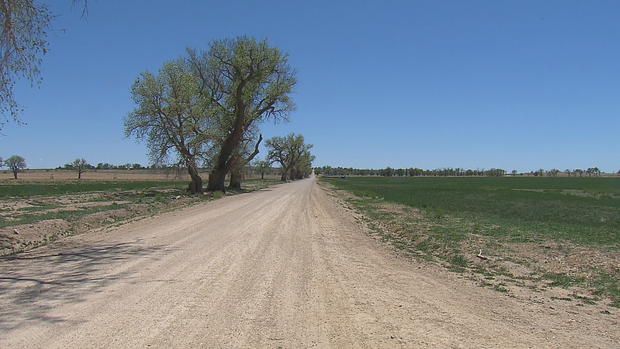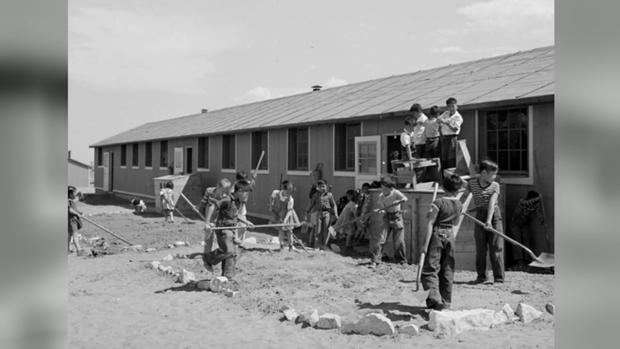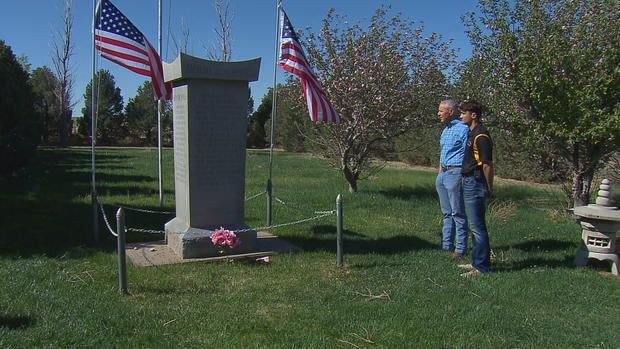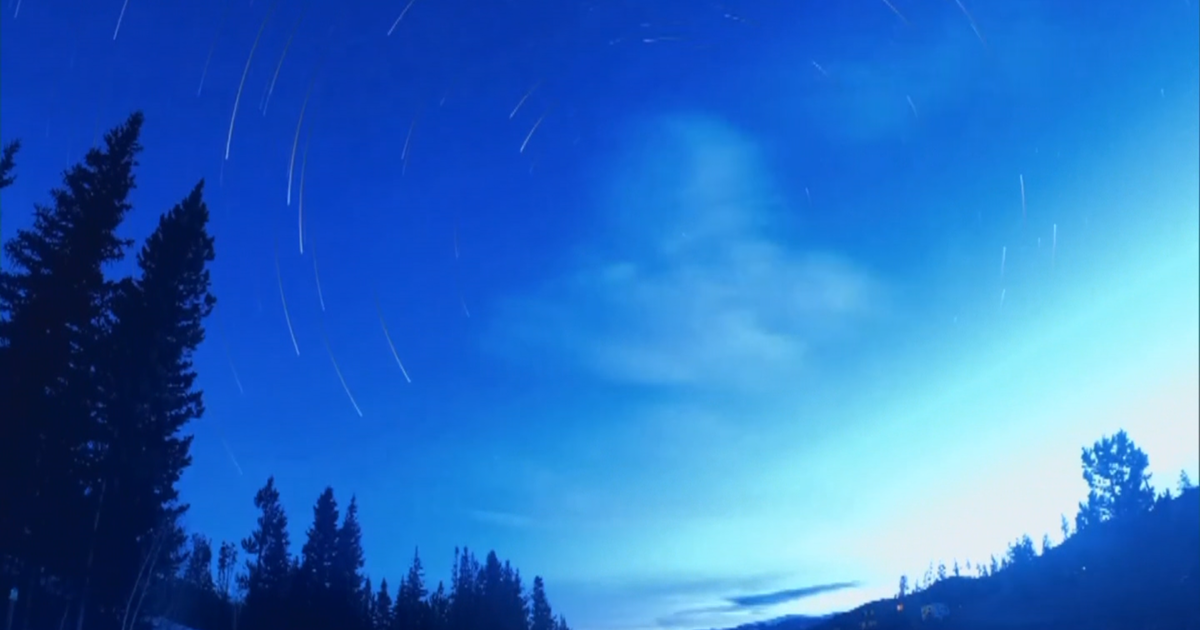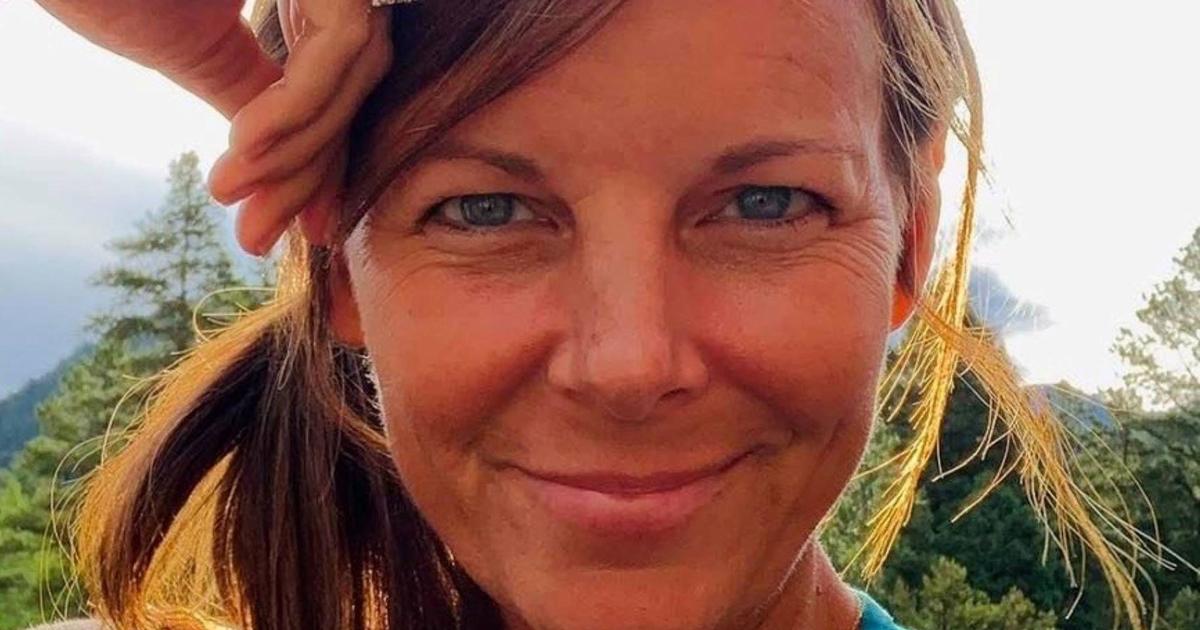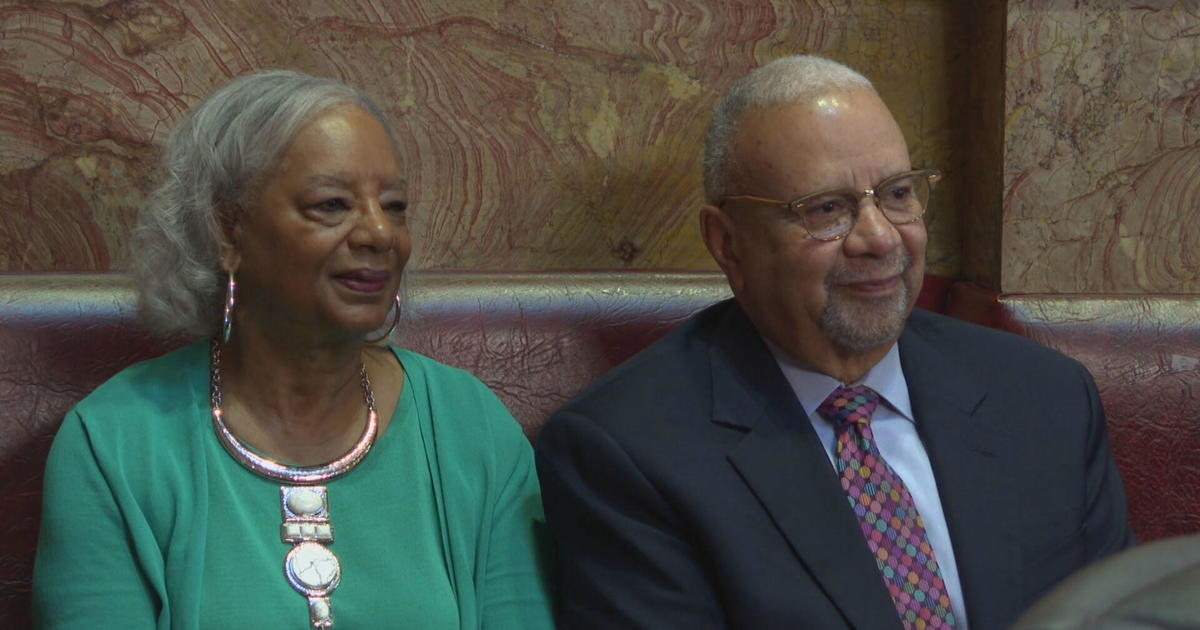4 Congressmen Join Colorado Teacher And Students To Make Camp Amache, A Japanese Internment Camp, A National Historic Site
GRANADA, Colo. (CBS4) - More than 70 years after an internment camp in Colorado for Japanese people closed, it could become a national historic site and part of the National Park System.
On a lonely dirt road east of Lamar, amid sagebrush and tumbleweeds, you find what is left of the Granada War Relocation Center, or Camp Amache as it became known to about 7,500 Japanese Americans in the 1940s.
Two thirds of them were U.S. citizens who -- after the attack on Pearl Harbor -- were forcibly removed from their homes by their own government and imprisoned. Decades later, Camp Amache has been virtually erased from the landscape, and, if not for a teacher and his students, might have been erased from history.
"You would be surprised how many people have no clue that there was the camp in the state of Colorado," said John Hopper. A social studies teacher and principal at Granada High School, Hopper founded the Amache Preservation Society with a group of students 25 year ago to restore the camp and make it an historic site.
They're now getting help from four members of Colorado's congressional delegation. U.S. Sens. Michael Bennet and John Hickenlooper and Reps. Ken Buck and Joe Neguse introduced the Amache National Historic Act to make sure the camp is more than a footnote in history.
"They immigrated to this country because it was the land of opportunity, and that was the only crime and so that was the condition you put these people in. That's what's even more unforgivable to me," said Buck.
CBS4 joined him as he toured the camp with Dominic Coleman, a junior at Granada High School and volunteer with the Amache Preservation Society. Over the years, the students relocated one of the original barracks and rec center, reconstructed a guard tower and water tower and restored the cemetery. They also built a memorial to the 932 young men from Camp Amache who volunteered to fight in World War II, for the same country that took away their freedom.
"Many Japanese Americans still come out here," Coleman told us. "Most of them tear up and get a little emotional. We as an Amache group try to be there for them, and we get emotional too because we know what it meant for them."
Camp Amache is currently an historic landmark. Buck says making it an historic site will literally put it on the map, so that people will come to the location and come to know the significance of what happened there.
"I think it's a really important part of American culture that we don't cancel our history."
A history not all have learned from. The legislation comes amid a recent surge in anti-Asian bias. Hopper says that makes its passage even more urgent.
"We need to make sure everybody is educated on this to make sure it doesn't happen again."
We owe it, he says, to all those forsaken at Camp Amache, but not forgotten.
"The Japanese Americans that I've grown to know, and that are great friends, are like family to me."
